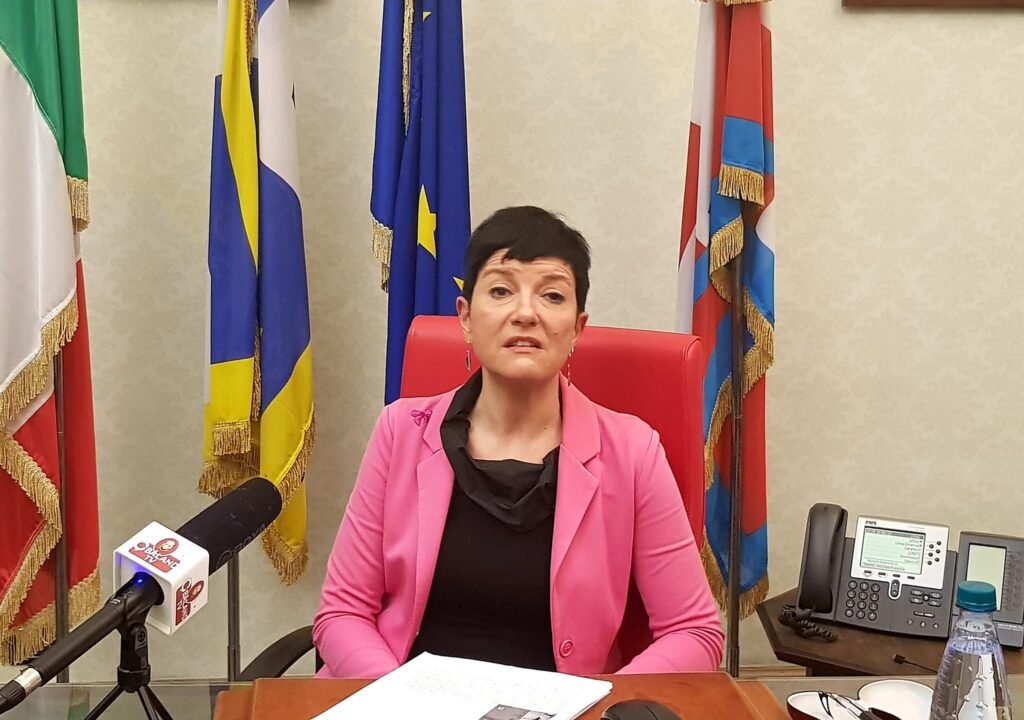In a Previous engaging interview with Obaland TV, Maria Grazia Grippo, journalist and President of the Turin City Council, shared her profound insights and strategic visions on gender equality, social inclusion, and the future of governance in Turin. This interview provided an opportunity to delve into the heart of her mission and the impactful work she is doing to build a more equitable and inclusive African community.
A Vision for Gender Equality and Social Inclusion
Maria Grazia Grippo has long been an advocate for gender equality and social inclusion, viewing these principles as foundational to the well-being of any community. “Gender equality and social inclusion are conditions of well-being for every community that must first be built and then defended over time,” she remarked. Grippo emphasizes that these values need to be deeply embedded within the social fabric to ensure sustainability. “Only if they have solid foundations will they become shared and lasting values,” she added.
Her approach to cementing these values involves fostering strong relational skills and nurturing a culture of mutual respect and understanding. “To cement them, strong relational skills are needed, a culture of being together expressly based on respect for differences, the rejection of inequalities and discrimination, and a new sentimental education,” she explained.
Governance and Strategic Initiatives
During the interview, Grippo highlighted several key initiatives and projects currently underway in Turin aimed at promoting gender equality and social inclusion. These initiatives range from policy reforms to community programs designed to empower marginalized groups. She believes that effective governance must be inclusive and participatory, ensuring that all voices are heard and considered.
“Our administration is committed to creating policies that not only address the immediate needs of our citizens but also lay the groundwork for a more inclusive future. This includes promoting equal opportunities in education, employment, and public services,” Grippo stated.
Overcoming Challenges
The path to achieving true gender equality and social inclusion is fraught with challenges. Grippo acknowledged these obstacles but remained steadfast in her commitment to overcoming them. She pointed out the importance of collective effort and continuous advocacy in making significant strides. “The radicalism I like is that of those who love getting to the bottom of things,” she said, emphasizing her determination to address root causes rather than just symptoms.
Cultural and Civic Engagement
Grippo also spoke about the role of cultural and civic engagement in fostering an inclusive community. She believes that cultural initiatives play a crucial role in bridging gaps and promoting understanding among diverse groups. “We have numerous cultural programs that aim to celebrate diversity and foster a sense of belonging among all residents of Turin,” she noted.
Future Vision
Looking ahead, Grippo shared her vision for the future of Turin. She envisions a city that not only champions equality and inclusion but also serves as a model for other cities. Her administration is focused on long-term strategies that ensure sustainable development and continuous improvement in the quality of life for all residents.
“We are working towards a future where Turin is recognized not just for its economic and cultural achievements, but also for its unwavering commitment to social justice and equality,” she concluded.
Conclusion
Maria Grazia Grippo’s leadership and vision for Turin are characterized by a deep commitment to gender equality and social inclusion. Through her work, she is laying the foundations for a more just and inclusive society, one that values and respects the differences of all its members. Her insights and initiatives provide a roadmap for other communities striving to achieve similar goals. As Turin continues to evolve under her guidance, it stands as a beacon of hope and progress in the realm of social governance.
In summary, the interview with Maria Grazia Grippo was a testament to her dedication and proactive approach to addressing some of the most pressing issues in contemporary society. Her emphasis on building solid foundations for lasting values, fostering a culture of respect, and promoting radical, deep-rooted change resonates as a powerful message for communities worldwide.

